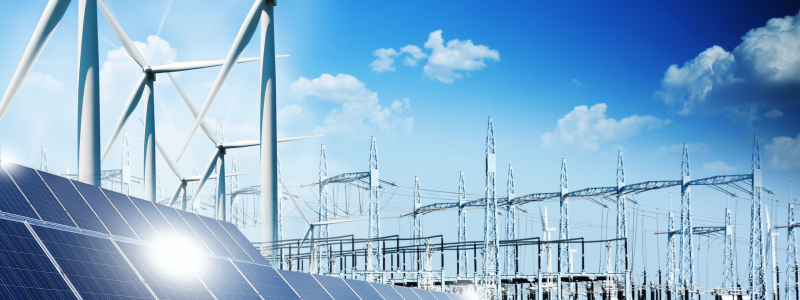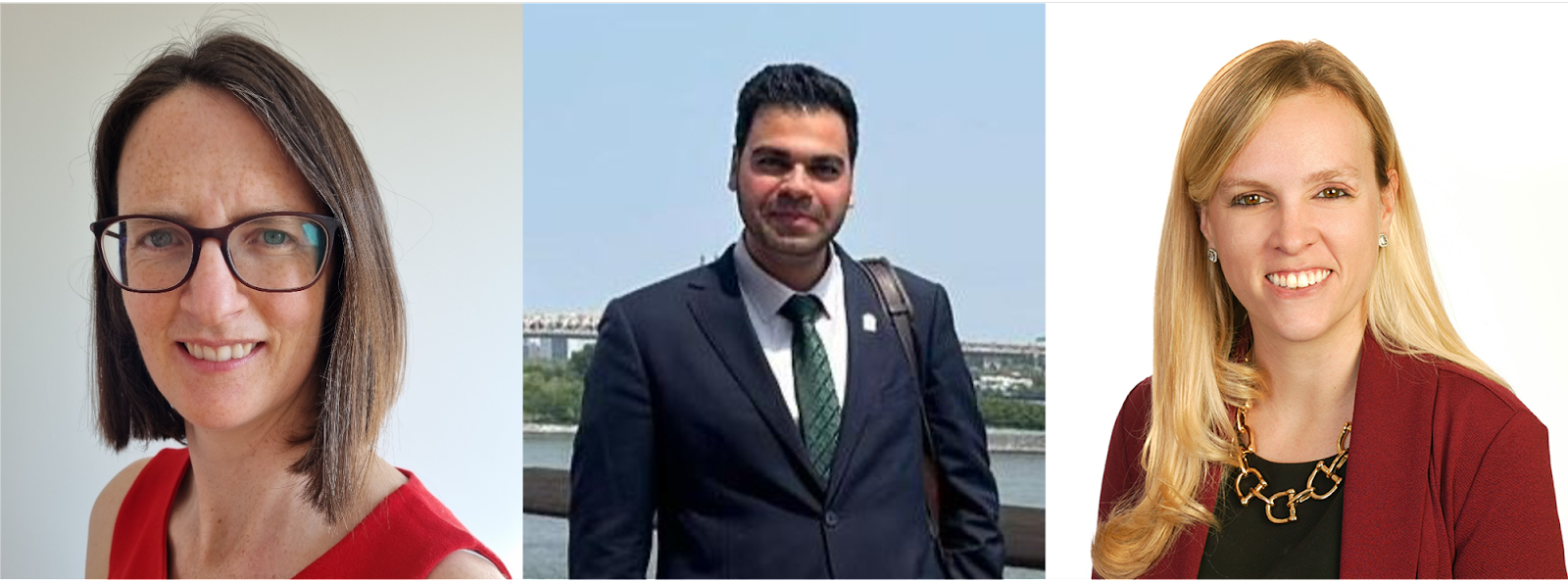

Energy, Weather and Climate Forum 2023: Challenges and Opportunities Event Report
On 12 October 2023, the Royal Meteorological Society (RMetS) hosted its inaugural Energy, Weather and Climate Forum. This event brought together experts from industry, academia and the public sector to discuss how the energy sector interacts with weather and climate on a range of timescales. The group discussed and identified some key challenges and opportunities in this space, which will be the focus of the Society's energy sector engagement in the future.
Keynotes
The event opened with three keynote talks, which set the scene for the discussion groups.

First, Emily Wallace (UK Met Office) talked the Forum through the science behind weather forecasts and climate projections, from predicting tomorrow’s weather to modelling the impacts of climate change. She left delegates with three challenges: making the best use of probabilistic information in decision making; extending planning timescales to plan for high risk scenarios; and considering how climate change and variability will impact the future energy system.
Second, Hamid Bastani (World Meteorological Organisation, WMO) described the impact of weather and climate on the energy sector. This included background on the impact that climate change is already having - and is predicted to have in future - around the world, as well as a breakdown of the mitigation and adaptation measures the energy sector must take to stop and adapt to climate change. He also gave a brief overview of the various WMO reports relevant to the energy sector.
Finally, Morgan M. Scott (Electric Power Research Institute, EPRI) presented a real-world example of a climate service for the energy sector. EPRI’s ClimateREADi programme is bringing together energy system operators from across the USA, Britain, France and Canada to help them prepare themselves for the impacts of climate change. By providing data and insights, ClimateREADi empowers these companies to use weather and climate data in the best possible way.
Discussion groups
After the first plenary session, the Forum split into three breakout groups to discuss challenges and opportunities, and address some of the questions posed by the keynote speakers. The breakout groups focused on:
- Operations and maintenance;
- Trading and medium-term planning;
- Long-term planning and climate climate adaptation.
Each of the groups contained several ‘subject experts’, specialists in their field who were able to answer technical questions and guide the discussion. All three groups discussed a wide range of topics, including what the state-of-the-art application of weather/climate science was on each timescale, what challenges were being faced when using weather/climate information, and what opportunities there were for further research or collaboration.
There were some key themes across the breakout groups, including:
- The use of data: availability, resolution, interoperability of systems, open-data protocols.
- Design of forecasts/projections for the energy sector: how ‘skill’ is measured in an energy sector context, how forecast outputs can be designed to be most useful, how forecasts are communicated to the energy sector.
- Standards and regulation: ensuring that regulation and standards keep pace with technological change, incorporating climate change into standards.
- Extreme weather events: risks to assets, energy sector specific extremes (e.g., wind droughts, cold snaps with low wind), compound events.
Next steps
The Society is collating summaries of each discussion, to share in due course. It will also use the suggested challenges and opportunities to shape its future events programme, blog posts and general engagement with the energy sector.
Watch this space for more outcomes from the Forum and other events the Society is hosting for the energy sector!
This event was organised by the RMetS Energy Special Interest Group (SIG). Find out more about the Energy SIG and sign up to the mailing list.

